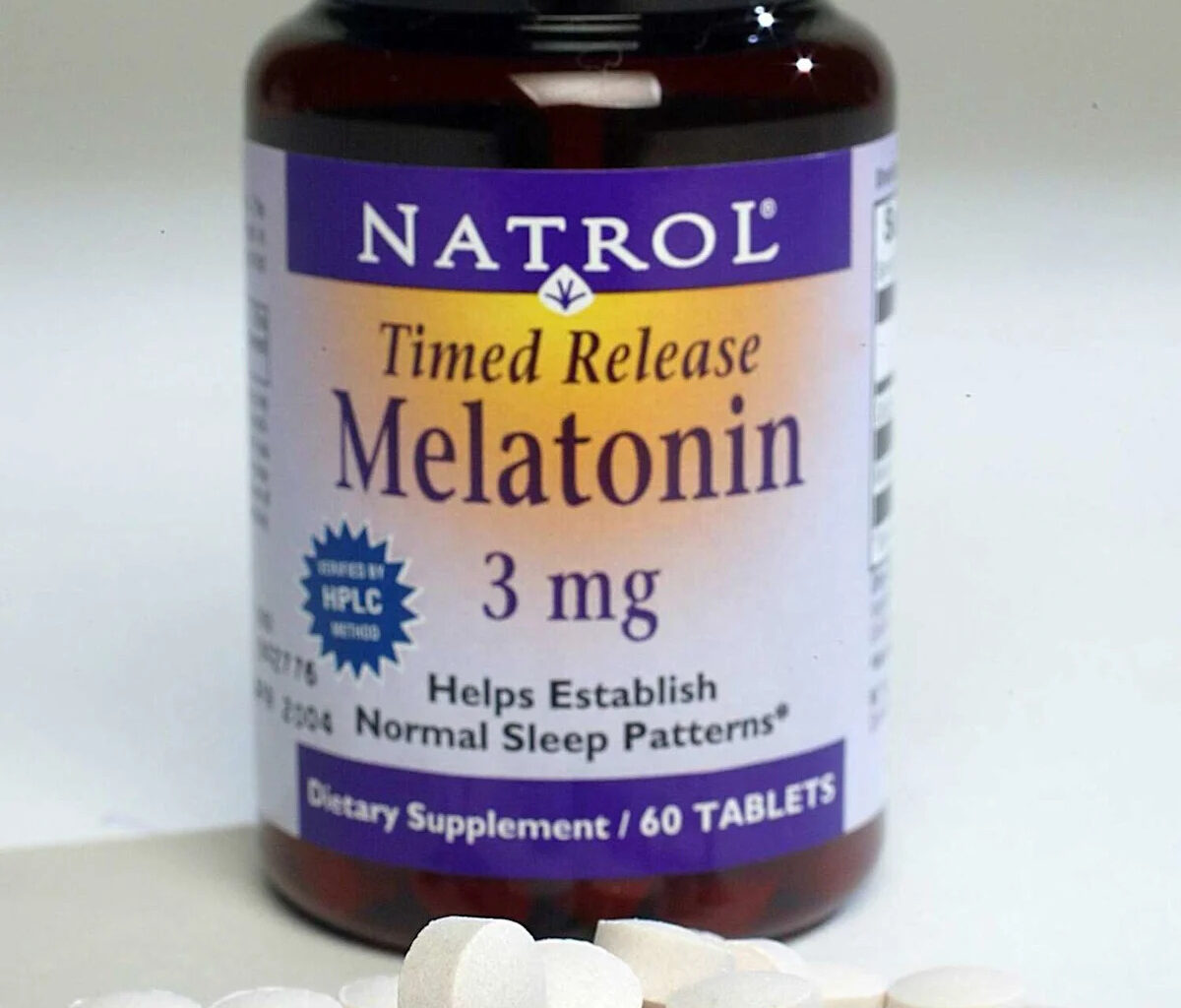People who regularly take melatonin to help them sleep may face higher risks for heart failure and death, according to new research from the American Heart Association.
Researchers reviewed five years of electronic health records from more than 130,000 adults with chronic insomnia and found that those who used melatonin for at least a year were more likely to develop heart failure, be hospitalized for it or die from any cause.
The findings were presented this month at the American Heart Association’s Scientific Sessions 2025 in New Orleans.
ALSO READ: Many businesses offering freebies, discounts for Veterans Day. Here’s where.
The analysis showed that long-term melatonin users had about a 90% higher chance of developing heart failure over five years compared to non-users (4.6% vs. 2.7%). Users were 3.5 times more likely to be hospitalized for heart failure (19% vs. 6.6%), and they were nearly twice as likely to die from any cause (7.8% vs. 4.3%).
“Melatonin supplements may not be as harmless as commonly assumed,” said Dr. Ekenedilichukwu Nnadi, lead author and internal medicine chief resident at SUNY Downstate/Kings County Primary Care in Brooklyn, New York. “If our study is confirmed, this could affect how doctors counsel patients about sleep aids.”
Melatonin, a hormone naturally produced by the brain’s pineal gland, helps regulate sleep and wake cycles. Synthetic versions are sold over the counter in the U.S. and are widely used to combat insomnia and jet lag. However, supplements aren’t regulated for strength or purity, meaning doses can vary between brands.
Outside experts urged caution, not alarm, for users of melatonin.
“I’m surprised that physicians would prescribe melatonin for insomnia and have patients use it for more than a year,” said Dr. Marie-Pierre St-Onge, a sleep researcher at Columbia University and chair of the AHA’s 2025 statement on sleep health. She said even though melatonin is available over the counter in the U.S, it shouldn’t be used long term without a clear medical reason.
ALSO READ: The Hill Country has its own micro-climate. Here’s why its colder than most of Texas.
Nnadi said the study shows an association, not causation – meaning melatonin may not directly cause heart problems. Factors like the severity of insomnia, mental health or use of other sleep medications could also play a role.\
“Our study cannot prove a direct cause-and-effect relationship,” she said. “This means more research is needed to test melatonin’s safety for the heart.”
This article originally published at Long-term melatonin use linked to greater heart failure risk, study finds.

